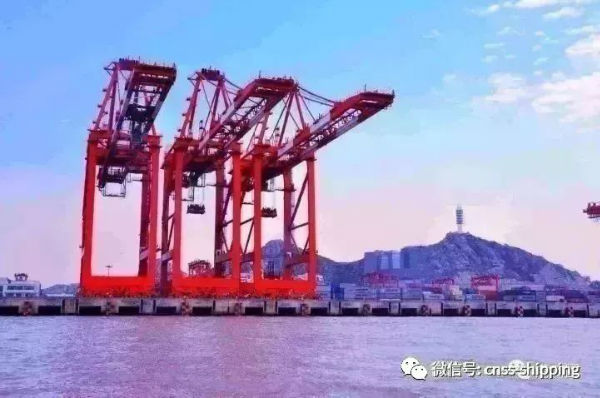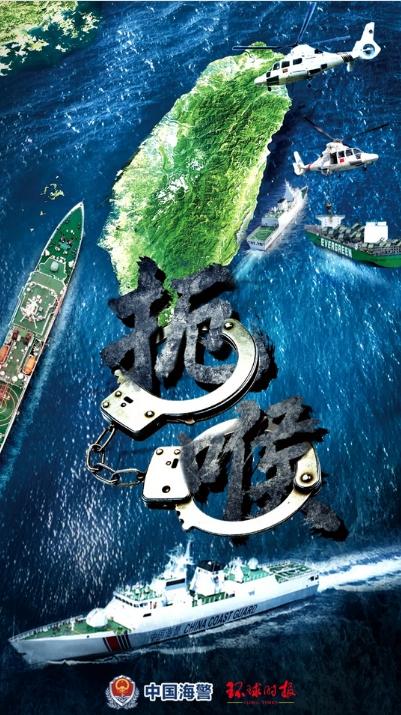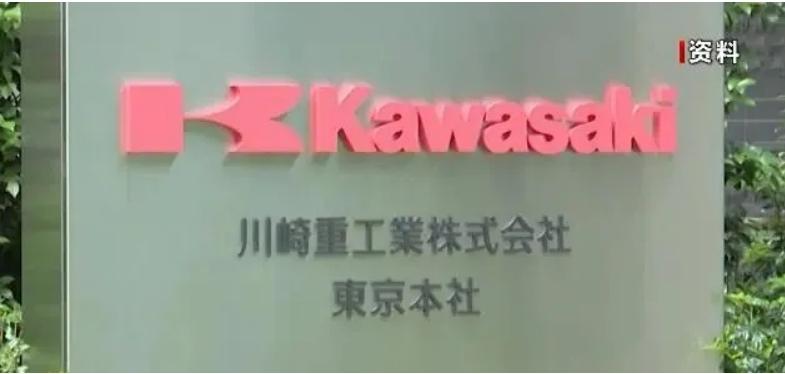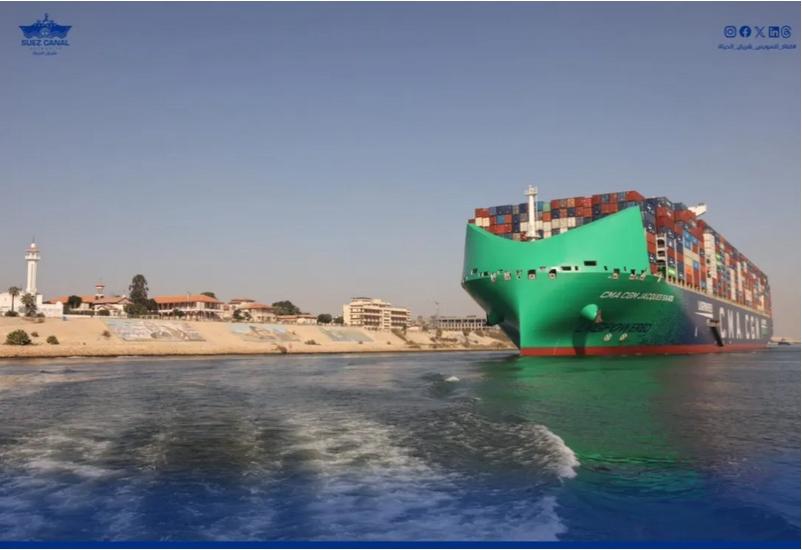Laytime Clauses 装卸时间条款
Alternative methods of discharge
卸货方式的替代选择
2.250 It may sometimes happen that a custom of the port provides for more than one method of discharge, although one of these may be the more common. In these circumstances, if the usual method cannot be followed, then the alternative should be used.
2.250有时会碰到港口的习惯提供不止一种卸货方式的情况,尽管其中之一是最常用的。这样一来,如果不用通常的卸货方式的话,就得选择另外一种替代方式了。
2.251 In Rodenacker v. May and Hassell Ltd, a charterparty provided that a cargo of Danzig oak logs should be discharged at Milwall Dock ‘‘with all dispatch as fast as steamer can deliver, as customary’’. The more usual method was to discharge such a cargo into railway trucks, but it was possible to discharge into lighters. When, therefore, railway trucks could not be obtained, it was held that it was the duty of the receivers to discharge into lighters.
2.251在Rodenacker v. May and Hassell Ltd—案中,租船合同规定:载有波兰Danzig橡木的船应以‘船舶通常的速度,尽可能快地’在Milwall码头卸货。最通用的方法是将这种货物卸到铁路货车上,但也可能会卸到驳船上。所以,当没有找到铁路货车时,判决收货人就有义务将货卸到驳船上。
2.252 In Fitzgerald v. Lona (Owners), this was taken a stage further. There the charter provided for discharge onto the quay or into lighters at the consignees’ option. However, a strike of lightermen interfered with discharge and, notwithstanding the consignees’ wish for discharge into lighters, the shipowners discharged onto the quay. In these circumstances, it was held that the shipowners were bound to land the cargo onto the quay and need not give notice or offer an alternative to the consignees. It also followed that the selection by consignees of the method of discharge was not irrevocable, but depended upon the availability of that method at the time of discharge.
2.252 在Fitzgerald v. Lona(船东)案,则更发展一步。租船合同中规定:货物要么卸至码头,要么卸往驳船上,由收货人来选择。尽管收货人希望把货物卸到驳船上,但当时驳船工人罢工妨碍了卸货,船东只好将货卸至码头。在这种情况下,法院判定:船东有义务将货卸至码头,而不必通知收货人或让收货人来选择。而且,还得出:收货人卸货方式的选择并不是不可以改变的,但是这要视卸货当时的可用条件而定。

Provision of defective cargo
有缺陷货物条款
2.253 Where delay is caused by the condition of the cargo, whether the shipowners will succeed in recovering for the delay will depend on whether the owners knew or could have known of the defect which caused the delay. This is an extension of the common law duty of a shipper of dangerous goods towards any person who is injured by the shipment of such goods when the shipowner has not been notified as to the nature of those goods.
2.253 当因货物的原因产生延迟时,船东能否成功地索回延迟损失,则要依赖于船东是否知道或本应该知道导致延迟的这一缺陷而定。这是危险货物托运人的普通法责任的延伸,当船东没有被告知这种货物性质时,要求托运人对因运输这类货物而遭受伤害的任何人士承担普通法责任。
2.254 The leading case on this extended doctrine is Mitchell Cotts & Co v. Steel Bros & Co Ltd, in which a vessel carrying rice was detained for 22 days whilst transiting the Suez Canal because the vessel did not have permission to proceed to the nominated destination. The charterers, who were held liable, knew that such permission was necessary, had not obtained it and had not advised the owners that it was needed. In his judgment, Atkin J said:
Whatever may be the full extent of the shipper’s obligations, it appears to me that it amounts at least to this; he stipulates that he will not ship goods likely to involve unusual danger or delay to the ship without communicating to the owner facts which are within his knowledge indicating that there is such risk, which facts the owner does not and could not reasonably know of. I think that is putting the obligations of the shipper within very moderate limits, and it may be considerably wider.

2.254有关这一扩展的准则的典型案例是Mitchell Cotts & Co v. Steel Bros & Co Ltd—案。在该案中,载有大米的船舶因未获准驶往指定的目的地而在过苏伊士运河过程中滞留了22天。承租人被判应对此负责,原因是他知道这一许可(证书)是必需的,也没有申请获得,同时也没有将这些情况告诉船东。Atkin法官说:无论托运人的全部义务范围如何,在我看来,至少这一点是的。他在合同中订明,他不会托运可能造成异常危险的货物或者造成船舶延迟的货物却不告诉船东这一实情,而且就船东所认知范围来看,这里显示就是这种危险,其事实也是船东确实和不可能合理预见的。我认为,这就将托运人的义务限制在非常适中的范围内了,但我们也可以将其范围想得更大些。
2.255 This principle applies equally to fixed and customary laytime charterparties, but its working may be illustrated by the following cases.
2.255这一原则同样也适用于固定的和习惯性的装卸时间的租船合同,其作用可以从以下案例中略见一斑。
2.256 In Transoceanica Societa Italiana di Navigazione v. Shipton & Sons, a vessel carried a cargo of barley under a customary laytime charter. Discharge, which was by suction, was delayed because of the presence of stones and other foreign matter in the cargo. With regard to a claim for delay, the court held that the receivers had in fact taken the barley as fast as the ship could deliver, as required by the charterparty, and that the case did not come within the principle stated above. Similarly, in Acatos v. Burns in which difficulties were caused when a cargo of maize sprouted, a claim by a shipowner failed‘‘ . . . because he had had an opportunity to examine the cargo’’.
2.256 在Transoceanica Societa Italiana di Navigazione v. Shipton & Sons—案中,载有大麦的船舶采用的是按习惯装卸时间的租船合同,在用吸粮机卸货时,由于货物中掺杂有石块和其他杂质而造成卸货的延迟。关于延迟索赔,法院判决,按照租船合同的要求,收货人事实上已经以船舶能够做到的速度尽可能快地卸货。故此案不在上述原则的适用范围之列。同样地,在Acatos v. Bums—案中,卸货困难的原因是玉米货物发芽了,但是船东的索赔是以失败而告终……因为他已经是有机会检査货物(知道这些情况)。
2.257 On the other hand, in a London Arbitration, shipowners succeeded in a claim for failure to use reasonable diligence in loading a cargo of wheat which was defective because it had not been inspected by the US Department of Agriculture before loading. The arbitrators found that it was very unusual for wheat not to be inspected before loading and the risk of rejection by the US Department of Agriculture after it had been loaded was not one which the owners should reasonably have known about. The case therefore came within the Mitchell Cotts principle and the charterers were liable for the delay arising from loading defective cargo, since it must have amounted to a breach of their duty to use reasonable diligence in performing their part of the loading operation.
2.257在另一方面,在一个伦敦仲裁案中,由于承租人在装载有缺陷货物小麦方面未尽恪尽职守之职,船东成功索赔,原因是在装货前美国农业部还没有进行检验。仲裁员认定:在小麦装载前未进行检验的情况是非常罕见的,而且装船后会遭到美国农业部拒绝的风险,这不是船东能合理够预料到的。所以,该案属于在Mitchell Cotts案所确立的原则范围之内。承租人要承担由于装载缺陷货物造成的延迟损失,因为这等于说他未能履行其装货作业过程中的合理谨慎的义务。

《装卸时间与滞期费》购买链接(点击可购买)
海运圈聚焦专栏作者 魏长庚船长(微信号CaptWei)

 2018-06-26
2018-06-26 758
758 














